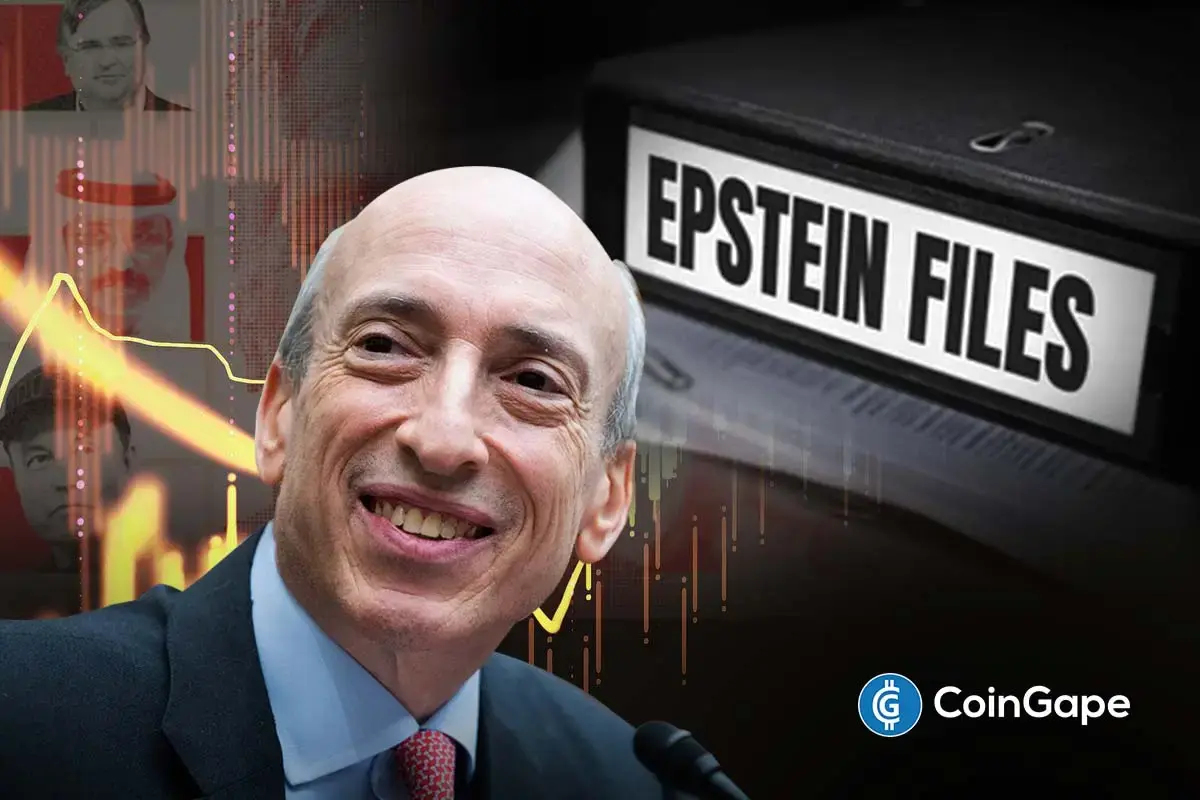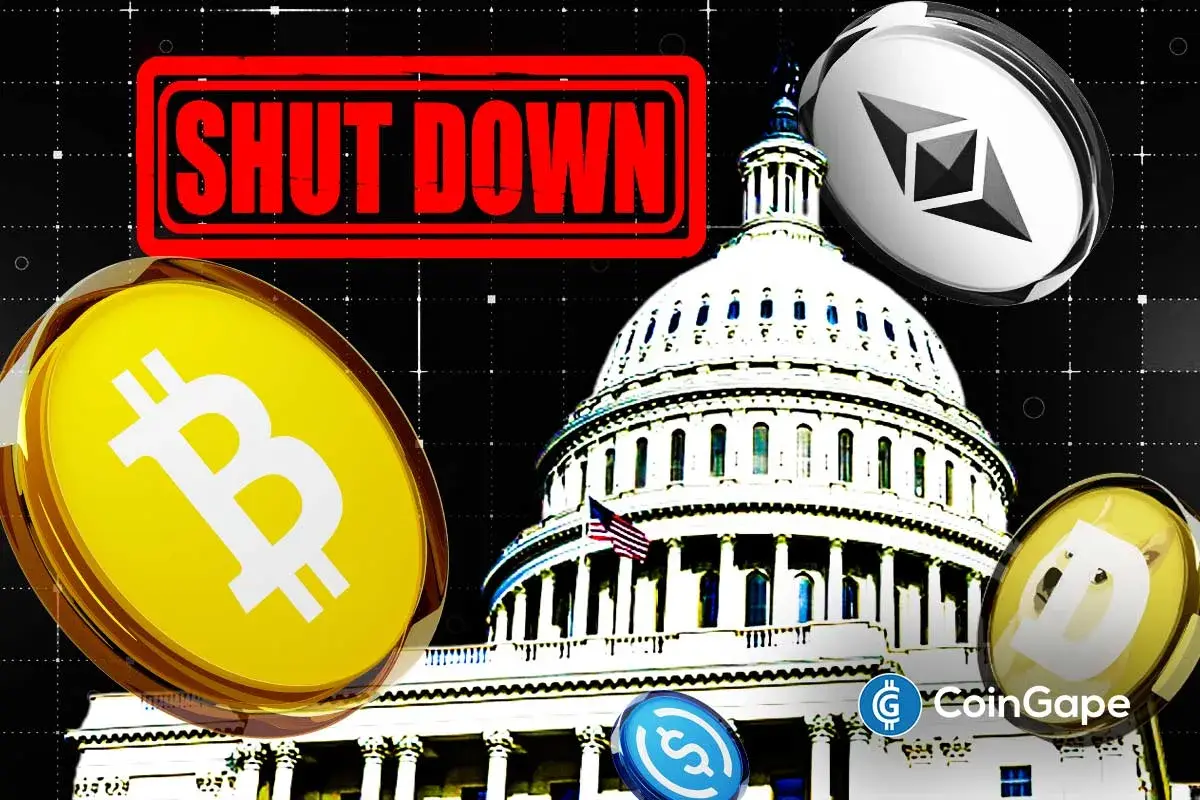Crypto Transactions Over $10,000 Face Stricter IRS Scrutiny Under New US Rules

In 2024, the Internal Revenue Service (IRS) will enforce new regulations requiring detailed reporting of digital asset transactions exceeding $10,000. This move, stemming from the bipartisan infrastructure bill signed by President Joe Biden in 2021, targets crypto brokers, compelling them to disclose comprehensive transaction details to the IRS.
Brokers Under Scrutiny
The legislation highlights crypto exchanges and custodians, mandating them to report transactions above the specified threshold. These entities must furnish the IRS with the sender’s name, address, and social security number within a 15-day window. Initially set for implementation in January 2023, the requirements aim to narrow the tax gap and will now see companies submitting their reports in 2024.
Challenges in Compliance
Jerry Brito, the executive director of Coin Center, has raised concerns about the practicality of these new rules. He emphasizes the difficulties users and brokers might face in complying without clear guidelines from the IRS. There’s a risk of inadvertent non-compliance, potentially leading to profound legal implications.
One of the critical areas of ambiguity revolves around cryptocurrency miners and validators. When these individuals receive block rewards over $10,000, the question arises about whose information they should report. Moreover, the challenge extends to decentralized exchanges, where identifying the other party in a transaction can be inherently complex.
The situation becomes even more intricate with anonymous donations. For instance, when an entity receives Bitcoin or Ether through public addresses without identifying information, the reporting entity is left in a quandary. In addition, they cannot comply with the reporting requirement when the sender’s details are unknown.
IRS’s Stance and Future Directions
While the IRS has expanded its reporting requirements for digital asset transactions since 2019, the latest developments under the bipartisan infrastructure law intensify the scrutiny. Coin Center has suggested a de minimis exemption for smaller transactions as a potential solution. The crypto community awaits further guidance from the IRS to navigate these new reporting landscapes effectively.
Read Also: Shibarium Transaction Count Derails, What is Happening?
- Jane Street and Abu Dhabi Wealth Fund Mubadala Increase Holdings In BlackRock’s Bitcoin ETF
- FOMC Minutes Drop Tomorrow: Will Crypto Market Rally or Face Fed Shock?
- BlackRock Amends Filing For Staked Ethereum ETF, Eyes 18% of Staking Rewards From ETH Fund
- Arizona Advances Bitcoin, XRP Reserve Bill Using Seized Crypto Assets
- Bitcoin ETF Update: BlackRock Signals BTC Sell-Off as Kevin O’Leary Warns of Decline In Institutional Demand
- Pi Network Price Beats Bitcoin, Ethereum, XRP as Upgrades and Potential CEX Listing Fuels Demand
- 5 Things Dogecoin Price Needs to Hit $0.20 in Feb 2026
- Bitcoin Price Prediction as Experts Warns of Quantum Risks
- Dogecoin, Shiba Inu, Pepe Coin Price Predictions As BTC Crashes Below $68k
- Ethereum Price Outlook as Harvard Shifts Focus from Bitcoin to ETH ETF
- HOOD and COIN Stock Price Forecast as Expert Predicts Bitcoin Price Crash to $10k
















